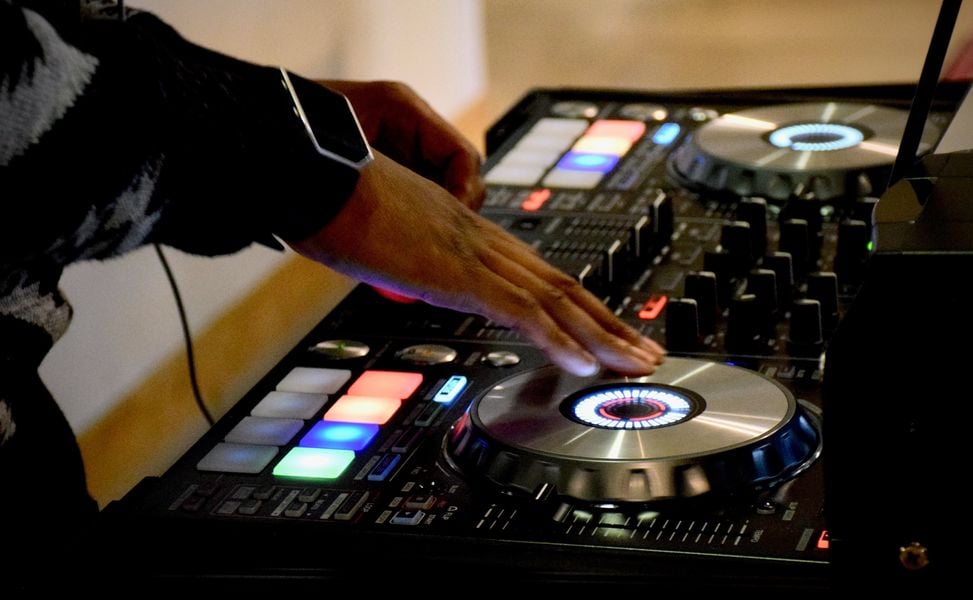Known the world over, the parental advisory sticker comes hand in hand with profanity and rebellion. However, the sticker which reads “Parental Advisory Explicit Content” was not introduced until 1985. Consequentially, a lot of early hip hop albums, which are explicit and profane, do not have the sticker on them.
In 1985, the Parents Music Resource Center (PMRC) gathered many songs that they deemed unsuitable for minors and presented them to the Record Industry Association of America (RIAA) in demand of a way parents could decipher between explicit and benign recordings. This issue became pressing after the PMRC’s founder heard her 11-year-old daughter singing ‘Darling Nikki’ by Prince, which contains overt references to masturbation.
As a result of the pressure they were facing from lobby groups, the RIAA introduced the ‘Parental Advisory’ sticker. After five years of deliberations between the RIAA and PMRC as to what the label should read, in 1990, it became mandatory for the sticker to be placed in the bottom right-hand corner of any explicit recording’s artwork.
The first album that was legally obligated to beat the sticker was the 1990 release of Banned in the U.S.A. by Miami’s 2 Live Crew. The label has been used on all recordings distributed or recorded by businesses registered in America. However, (until 2011) if an album had been recorded and distributed by a UK-registered company, it was not legally obligated to bear the label.
Since the beginning of its use in the 90s, its effectiveness has been called into question as the RIAA has not seen a reduction in the exposure of explicit content to minors. Artists have also opposed the sticker highlighting it as a way of suppressing their art and censoring their freedom of speech.
The sticker is very polarising, but Miami’s 2 Live Crew have their place in history, with their album being the first ever to have to show the ‘Parental Advisory’ sticker. You can listen to Banned in the U.S.A. below.
